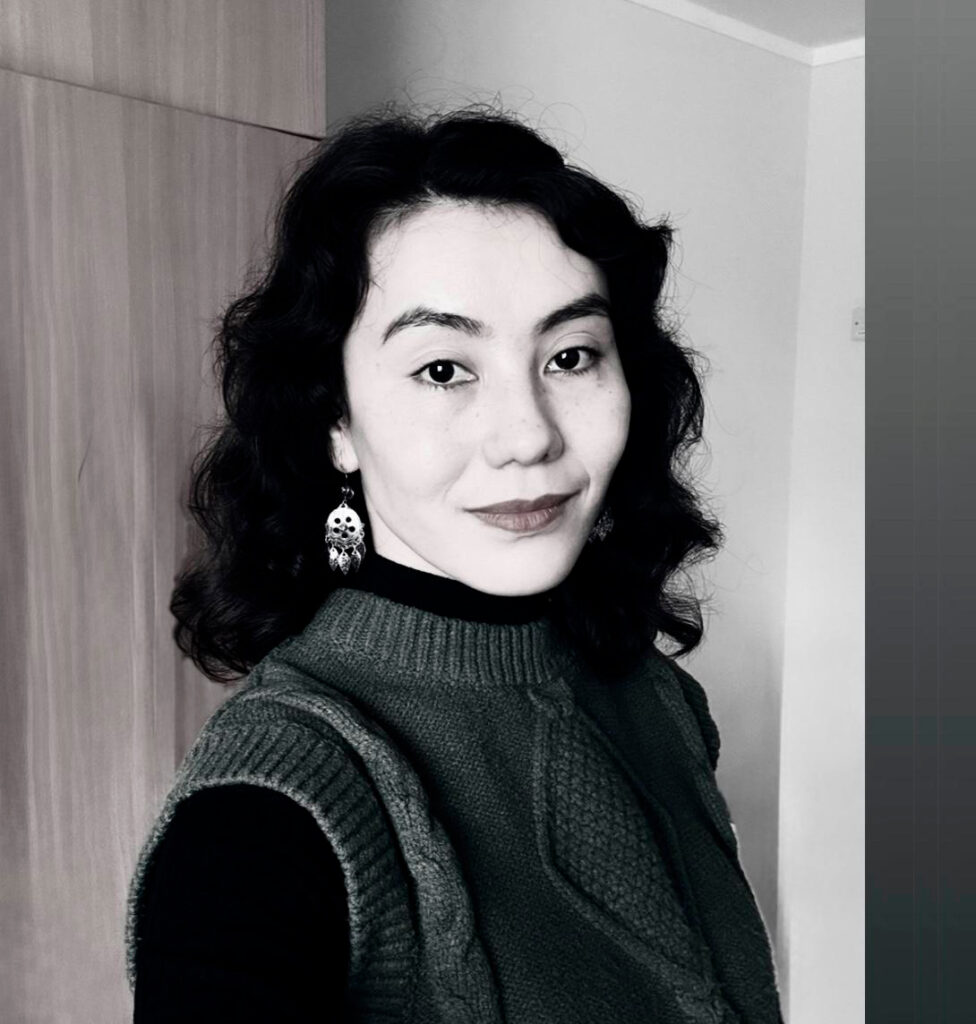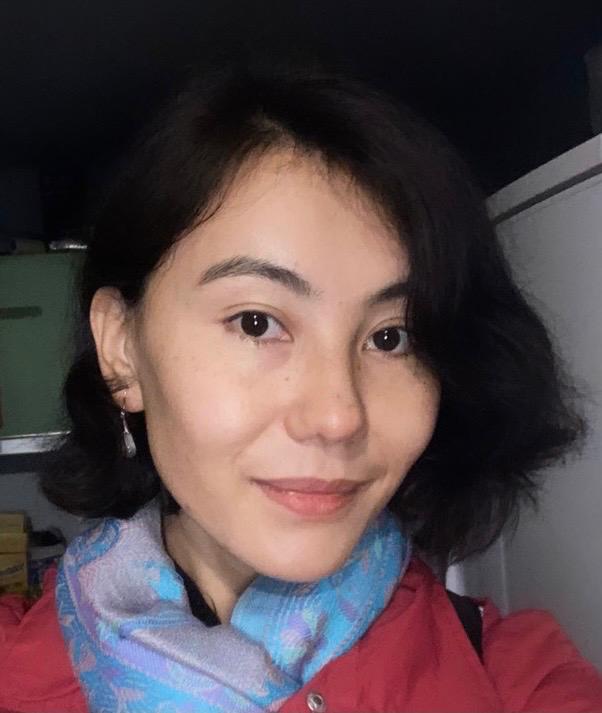Author: Anis Rezaei
People were hastily—anxiously, even—rushing past each other to catch the next train. Just another normal day at a train station in our fast-paced city: London. My nephew J and I were walking up the stairs to reach the platform. I was immersed in the crowd, yet attentive to his energetic and playful conduct as we embarked on our expedition.
We were midway up the stairs when, to my utter astonishment and absolute shock, I heard a man’s raised voice say: “Juwaliyanu.” The first time the term was uttered, I dismissed it—giving myself the benefit of the doubt that I had misheard. But it was uttered again, slightly louder. This time it eliminated every tinge of doubt in my mind. I was not mistaken. I had not misheard. Although difficult to come to terms with, I was hurled at by a racist remark on account of my Hazara identity, here in London.
As a witness to the incident and my angry confrontation with the three men who uttered it, J later asked, “What did the men say that made you so angry, ammāi (aunt)?” I could not muster the courage to truthfully respond to his well-placed curiosity at the time. Therefore, I have taken it upon myself to write this letter as an attempt to respond to J’s question and to help him and his generation, born and raised in the UK, learn more about the painful history behind that incident. A history that continues to shape every aspect of our realties across time and space.
My dearest J,
That day, I could not answer your question about why the incident made me so angry. Giving you an honest answer would have meant opening up about genocide, racism, and discrimination—ugly words, ruinously heavy for your peaceful world—though they define the lived reality of the Hazara people, a community in Afghanistan to which you belong.
I hope you find your answer in here. And I hope you find this letter when you are old enough to willingly bear the burden of knowledge—and the responsibility it entails.
I first became aware of my Hazara identity—and the suffering it carries—on our journey to Pakistan, the first time we became refugees. I was younger than you are now, but I remember every detail of that unimaginably painful experience. The incident at the train station, though unprecedented for you, echoes what I witnessed at the Torkham border more than two decades ago. I’ve written in detail about that experience; in case you ever feel the need to understand it more deeply.
It was also in Pakistan where on top of the pain of displacement, I was also forced to carry the weight of racism rooted in my Hazara identity. Racism that acutely manifested itself in visceral forms, both verbal and physical, in the streets, in school and in the classroom. Racism that infiltrated children’s minds and shaped their behaviour—children as young as you. Maybe even younger.
As a Hazara child, it gradually became a daily experience to be targeted with racist remarks by both adults and children in the streets. Juwali or juwaliyanu—the slur used by the three men at the train station—was the most difficult to understand at the time. It wasn’t until much later that I learned it is used to remind Hazaras of their state-imposed low social status within Afghan society. The slur reinforces a long-standing belief that our community is suited for, or worthy of, nothing beyond manual labour.
That day when the three men with whom we share a homeland—more a land than a home for Hazaras—attacked us with that slur, I got frozen on the spot—shocked and in disbelief. I was certain of what had passed through my ears, but I could not believe it happened here, in London. A city where, for more than a decade I had felt safe—at home. A city that had nurtured in me a belief that I am shielded from such blatant act of racism, at least on account of my Hazara identity. That incident shattered that very confidence. It ruptured my sense of safety. This, without a doubt, is the most difficult aspect of that experience, I am yet to process.
Within a few seconds, the station, which was meant to seal the gap between our expedition plan and its actualisation, transformed into an unanticipated zone of confrontation. The men were young, perhaps in their early or mid-twenties. They were loud and playful, speaking in a language that is familiar to me, but alien to you—drawing a line between our separate, yet connected worlds. Their undiluted, yet accented command of Farsi, suggested that they are new to this country, new to London.
Although they denied their act of racism and framed it as a misunderstanding, they displayed no hint of surprise or confusion when I repeated their utterance to them. They were perfectly aware of what they had said, and who it was directed at. They simply had not expected to be held accountable for it on the spot—I took them by surprise. So, they resorted to denial, their only escape route.
As I grew up and learned more about our people, our culture, and our violence-laden history, I also came to understand that, like racism itself, the denial of racism is also systemic in Afghanistan. Your people, the Hazaras, have yet to see their long history of genocide, racism, and discrimination fully acknowledged. We continue to face denial and dismissal every day.
When I shared this experience in a post on the X platform, aside from a few expressions of sympathy and support, the responses were overwhelmingly filled with denial and accusations that I had fabricated the incident. Denial is the last refuge through which racism and racists attempt to assert their innocence. It is deeply embedded in racism—a tool used to sustain, embolden, and perpetuate it. But I’ve also learned to own my story and speak my truth, even in the face of the suppressive wave of denialism that tries to cast doubt in our minds. I speak out because there are people who genuinely care. People who hear me.
Being yelled down at by a racist slur that day at the station was trauma-resurfacing. It stirred memories of racism and discrimination that profoundly shaped every aspect of my reality as a refugee Hazara girl in Pakistan. It instantly transported me to my school in Hayatabad, a neighbourhood in Western Peshawar, Pakistan, that was home to many war refugees from Afghanistan, including my family. I found myself in my classroom in the early 2000s, when one of my classmates—a girl older and taller than me—pushed me out of the first row, saying, “A Hazara does not deserve to occupy the first row.”
As a child, I resorted to my only form of protest: I cried. But crying did not get my seat back. Then I took my heartache to a Pashto-speaking teacher. She heard me. She stood up for me, and made it clear to the rest of the classroom that, like other children, it was my right to sit anywhere I chose. Although I didn’t comprehend the word right at the time, but under the heavy, resentful gazes of that girl, I sat in the first row for the rest of that school year.
I still remember that girl’s name. I also remember that teacher’s face. I am grateful to her. She made our classroom a better space to learn. More importantly, she helped me understand that good people exist in every group—and that it is wrong to generalise, to judge an entire community by the actions of its members, even when those actions are widespread, even when racism is systemic.
Above all else, that teacher set a living example: that despite systematised racism in Afghanistan, which constantly feeds members of one group the belief that they are superior to others and owners of the land, the ultimate choice not to fall victim to it, though a difficult one, rests on our shoulders.
It is crucial to also remind you of the twofold consequences of systemic racism, a truth I came to recognise with the help of a friend. A system plagued by racism not only demean, degrade and dehumanise those on the receiving end of racism, but also corrupt the morals of those upholding and enacting it. In that sense, those three young men are also victims of a system that produces, reproduces, and perpetuates racism in Afghanistan. Yet, like that teacher, they too can exercise their capability to break away from it—to reject the prejudice they inherited and choose differently.
My dearest J—I remember how you clung tighter to me when my confrontation with the three men intensified. That moment has stayed with me. Later, I found myself thinking about the responsibility we, the older generations of Hazara refugees and diaspora, carry toward you and your peers.
How do we tell you our history without handing you, our trauma? How do we pass on truth without its full weight?
I chose to write.
I hope you see it as the right decision. I will write again.
With hope,
Your ammai

